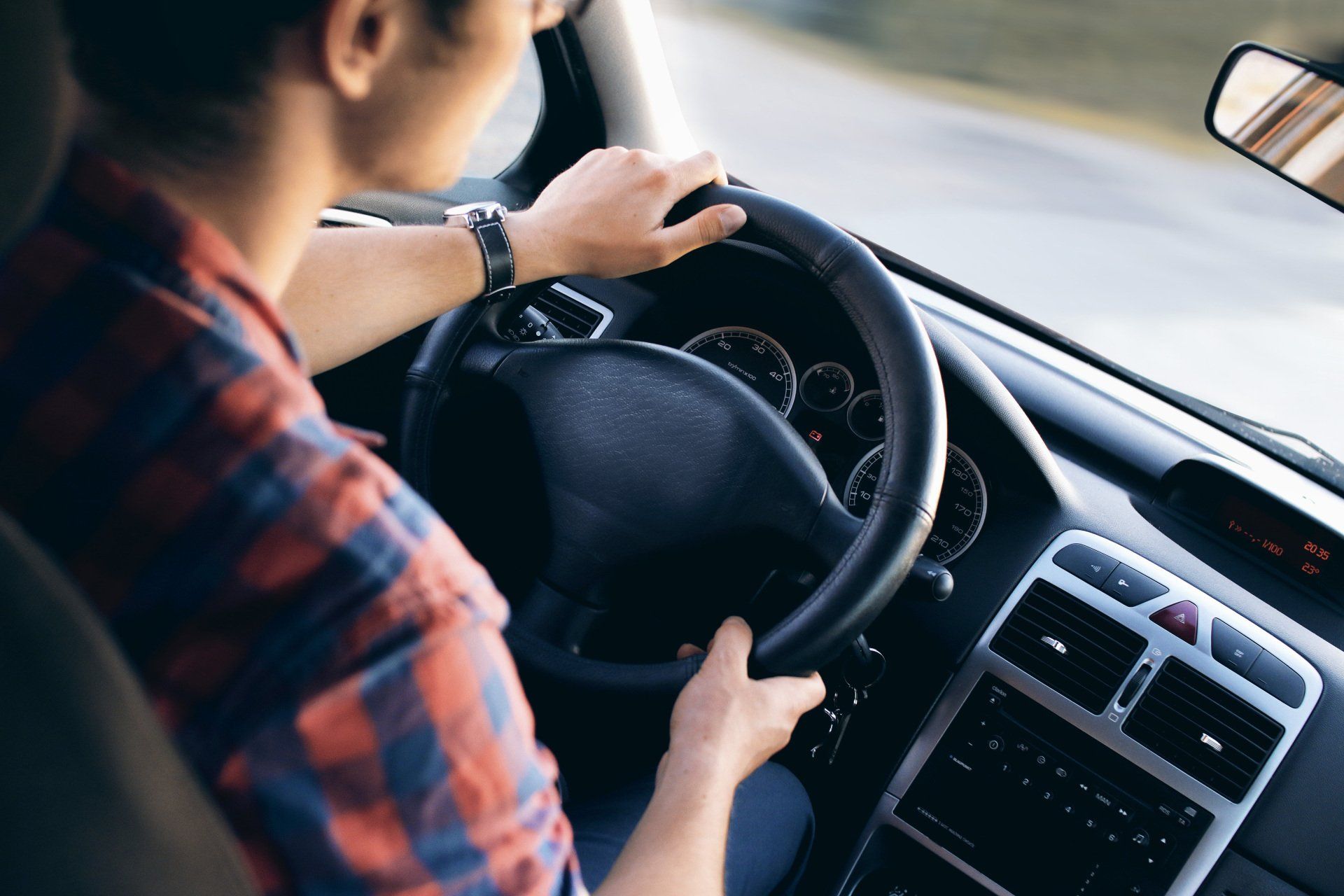Study: Hands-free cellphones cause serious driver distraction
Studies show that hands-free cellphones may not be a safe alternative to hand-held cellular devices.
There is no question that cellphones are a staple in many people’s lives. Unfortunately, a number of smartphone owners in Missouri continue to use their phones to text, talk, compose emails, take pictures or update their social media statuses while behind the wheel. As a result, 431,000 people received serious injuries and 3,179 people lost their lives in motor vehicles accidents caused by distracted driving, according to Distraction.gov. In an attempt to reduce the number of deadly accidents, many states have enacted legislation banning the use of hand-held cellphones while driving. However, studies show that hands-free cellphones may not be much safer when it comes to eliminating driver distraction.
Cognitive distraction study
A study published by the AAA Foundation measured just how distracting various tasks can be to motorists who should be focused on driving. Study participants were asked to engage in several activities while operating a simulator vehicle, as well as a vehicle equipped with monitoring devices. These tasks included the following:
- Listening to an audio book.
- Engaging in a conversation using a hands-free and hand-held device.
- Composing an email using a voice-activated device.
- Listening to the radio.
- Talking with a passenger in the vehicle.
Researchers then measured participants’ brain activity, response time, Event-Related Brain Potentials and mental workload.
The results
Although hands-free cellphones reduce or eliminate distractions drivers experience from using their hands and eyes to operate a hand-held cellular device, the devices still cause a significant amount of cognitive distraction. The study showed that while listening to the radio posed the least amount of distraction, talking on a hands-free cellphone was not much safer than using a hand-held device.
Cognitive distraction occurs when drivers are focused on a task other than driving. The National Safety Council reported that the human brain cannot engage in two complex activities simultaneously. Rather the brain bounces from one task to the other, leaving periods of time where the driver is not concentrating on one of the tasks. For example, if the driver is talking on a hands-free cellphone and driving, there are brief moments where the brain is listening to the conversation and not paying attention to the road. During this time, drivers are less likely to respond to certain hazards, including pedestrians, bad weather conditions, objects in the road and other reckless drivers.
What to do after an accident
Drivers who have been directly affected by distracted drivers should not have to deal with the aftermath of the accident alone. People should be held accountable for their reckless actions. An attorney in Missouri who has experience handling personal injury cases may be helpful in listening to the details of your situation, and helping you find the legal route that is best suited for you.









Contact Us Today!
Free Case Evaluation
Contact Us
We will get back to you as soon as possible.
Please try again later.
MENU
GET IN TOUCH
Lee's Summit
114 SW Third Street
Lee's Summit, MO 64063
Phone:
816-347-1818
Fax: 816-347-1854
M-F: 9AM - 5 PM
Sat-Sun: Closed
All Rights Reserved | Kelly, Reed & Jansen D/B/A Kelly, Reed & Jansen

